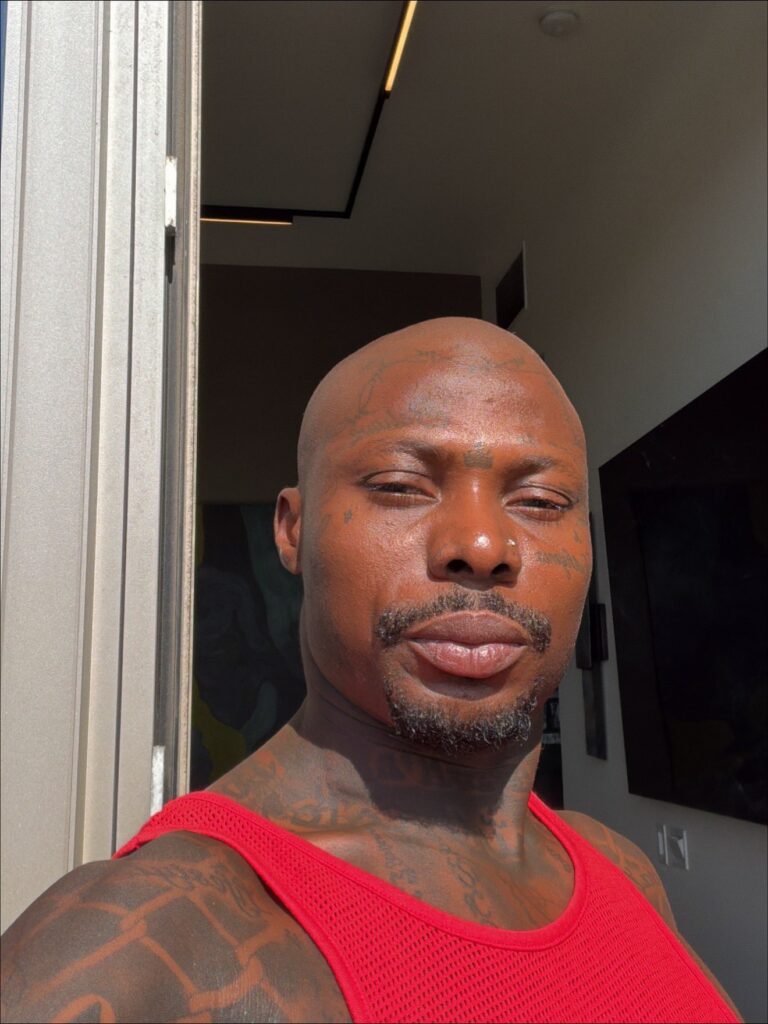Lagos Appellate Court Overturns Conviction: The Release of Nollywood Actor Baba Ijesha
Lagos Appellate Court Overturns Conviction: The Release of Nollywood Actor Baba Ijesha
In a stunning turn, the Lagos Appellate Court has freed Nollywood star Baba Ijesha. They tossed out his defilement conviction. This move ends a long legal fight that gripped the nation.
Fans and critics alike watched every step. The actor, whose real name is Olarenwaju James, faced heavy charges back in 2021. Now, his release sparks talk about how courts handle proof in tough cases like this.
The Initial Conviction: Details of the Defilement Case
The Allegations and Trial Proceedings
The trouble started when a colleague accused Baba Ijesha of abusing her foster child. She claimed it happened over years, starting when the girl was just seven. Police arrested him in May 2021 after a hidden camera caught some acts.
The case went to the Ikeja Sexual Offences and Domestic Violence Court. Prosecutors showed videos and witness stories. In July 2022, the judge found him guilty on four counts, including sexual assault of a minor. He got 16 years in jail, with no fine option.
That ruling hit hard. It marked a big win for victims’ rights groups. But Baba Ijesha’s team never backed down. They filed an appeal right away, saying the trial missed key facts.
Public Reaction and Media Frenzy Surrounding the Sentencing
News spread like wildfire across social media. Hashtags like #JusticeForTheVictim trended for weeks. Many praised the court for holding a star accountable.
Others rallied for Baba Ijesha. They pointed to his roles in hit films like Omo Ghetto. Supporters claimed the video was staged or taken out of context. Protests popped up outside the courthouse.
Women’s groups pushed back strong. They worried fame might sway justice. TV shows debated it non-stop. This split showed deep divides on handling abuse claims in Nigeria.
The Appeal Process: Grounds for Reversal
Legal Arguments Presented by the Defense Counsel
Baba Ijesha’s lawyers hit hard on weak evidence. They said the main video lacked clear consent proof and chain of custody issues. Defense argued the foster mother’s role muddied the story.
They claimed the lower court rushed the verdict. No full cross-exam on key witnesses happened, they noted. Lawyers cited Section 36 of the 1999 Constitution for fair trial rights.
Experts watched close. This appeal tested how courts weigh digital proof in sex crime cases. The defense pushed for doubt, saying the state failed its load.
The Appellate Court’s Focus: Evidence Standard and Burden of Proof
Judges zeroed in on proof beyond reasonable doubt. Under the Criminal Code Act, that’s the bar for guilt. They found the trial court leaned too much on one video without backup.
The panel said testimony from the victim stayed shaky. No medical reports backed the claims fully. They quoted a past case, State v. Okafor, where weak links led to reversal.
This focus matters big. It reminds lower courts to double-check facts in sensitive trials. The ruling sets a tone for stricter reviews.
Landmark Ruling: What the Lagos Appellate Court Decided
The Judgment Rationale: Setting Aside the Conviction
On a crisp morning in late 2023, the three-judge panel dropped the hammer. They called the original guilty call “perverse and unsupported.” Key? The evidence didn’t nail guilt solid.
Justices pointed to gaps in the prosecution’s case. The video showed actions, but not clear intent or full context. They said the lower judge ignored defense points on coercion claims.
This isn’t just a win for one man. It highlights appellate power to fix errors. Legal watchers call it a blueprint for future appeals in abuse trials.
Immediate Ramifications: Baba Ijesha’s Release and Legal Status
Baba Ijesha walked free that same day. Prison doors swung open after over two years inside. His team cheered outside the court in Lagos.
The case ends here for now. The state could appeal to the Supreme Court, but no word yet. Baba Ijesha faces no new charges tied to this.
He’s back to life outside bars. Rumors swirl about his next movie gig. Yet, the shadow of the past lingers for all involved.
Broader Implications for Nigerian Jurisprudence and Nollywood
Judicial Scrutiny on Sexual Offense Evidence in Nigeria
This decision shakes up how courts view sex crime proof. Testimony alone won’t cut it anymore. Judges must demand more, like forensics or multiple sources.
Stats show a rise in such cases. Nigeria’s National Agency for the Prohibition of Trafficking reported over 1,200 child abuse reports in 2022. Stronger standards could slow convictions but boost fairness.
Think of it like building a house. Weak foundation means it crumbles. This ruling pushes for solid bases in every trial.
Celebrity Justice and Public Trust in the Judiciary
Stars often face extra eyes. Baba Ijesha’s fame fueled the fire from day one. Some say the appeal got special speed; others call it pure law work.
Trust in courts dips low in Nigeria. A 2023 Afrobarometer survey found only 40% of folks believe judges stay neutral. Wins like this test that faith.
Does fame tip scales? Not always, but it sparks doubt. We need clear rules to keep justice blind, not star-struck.
Conclusion: Reassessing Accountability and Justice
The Lagos Appellate Court freed Baba Ijesha by flipping his defilement conviction. This overturn highlights tough proof needs in Nigerian courts.
Key lesson? Appeals guard against mistakes, even in hot cases. It balances victim voices with fair play.
As talks continue, remember due process matters. What do you think—does this ruling help or hurt abuse fights? Share your views below. Stay tuned for more on Nollywood news and legal shifts.




